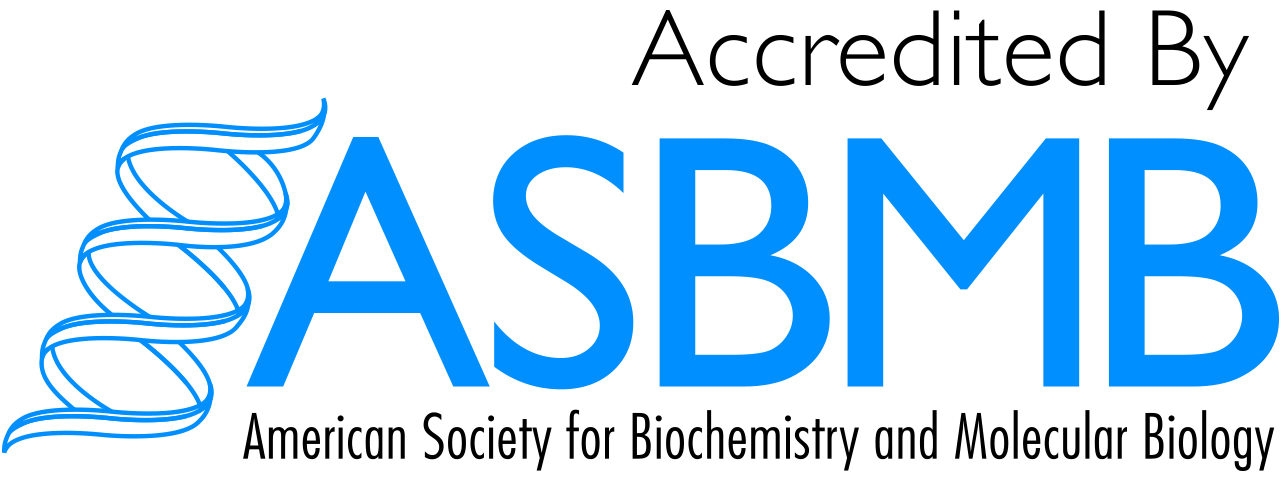Chemistry / Biochemistry / Chemistry Secondary Teaching
Experience classes with innovative teaching and devoted professors, who develop your connection between the molecular and macroscopic worlds. Grow in your capacity to solve problems and understand scientific inquiry through immersion in original, independent research and student-designed experiments.
You will build a community between your peers, faculty, and alumni that support you in realizing your personal, academic, and professional goals. Graduates go on to industry, graduate school, health professions, and research.
Chemistry BS
Chemistry is the central science and essential in meeting the needs of society. The chemistry major provides a broad foundation across all five sub-disciplines: organic, analytical, inorganic, physical, and biochemical.
This major opens careers in research, industry, environmental science, forensics, agriculture, food science, synthesis, manufacturing, and more.
Biochemistry BS
The intersection of chemistry and biology provides the background for health careers like medicine, dentistry, pharmacy, physician assistant, and more.
For those that desire to push the boundaries of science, graduates go on to research, academics, or into careers in biotechnology—a broad and diverse field.
Chemistry Secondary Teaching BS
Learn to lead a middle and high school classroom and be an effective teacher. For licensure, you must complete a double major in secondary education as well as the chemistry for secondary education major.
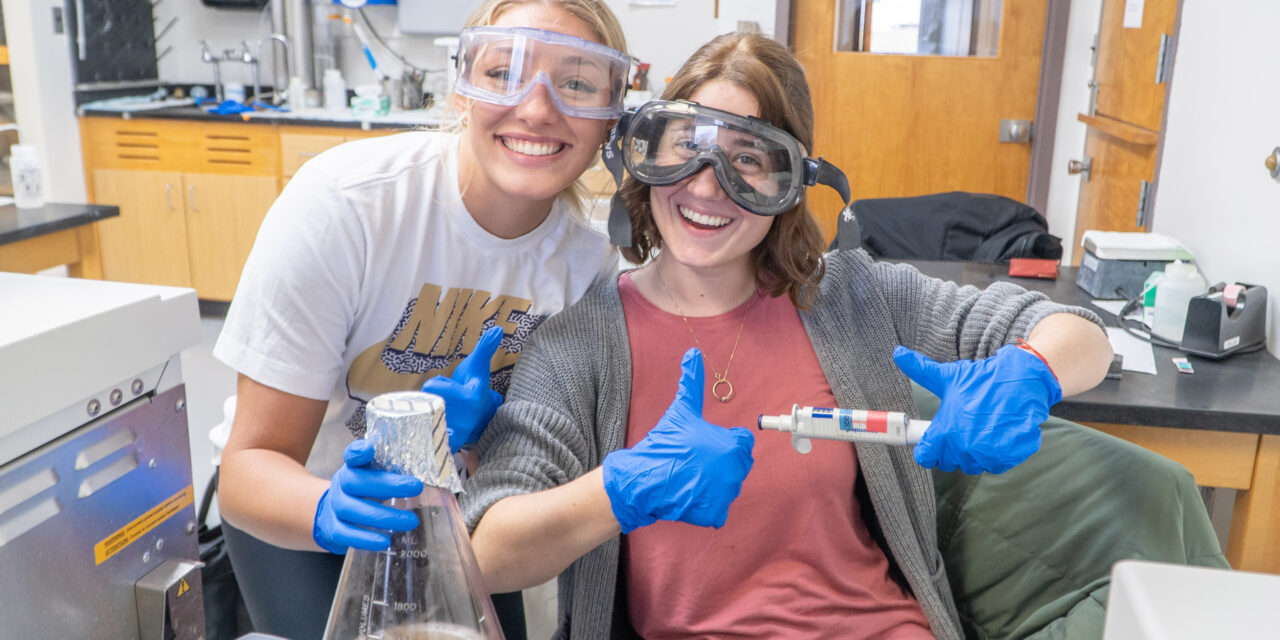
Explore Internships & Careers
After receiving your degree from Loras, you could move on to graduate school or a career in one of these fields:
- Academic Research
- Middle & High School Teacher
- Pharmaceutical Research
- Chemical Quality Control
- Government Agencies
- Forensic Science or Law
- Environmental Protection
- Environmental Safety
At Loras you will have access to the Medical Associates Recombinant DNA laboratory, the NMR laboratory, and the Carver Foundation Molecular Biology laboratory.
Our students gain research experience at national labs including the Center for Disease Control, and a variety of research institutions, like University of Iowa, Rutgers, University of Minnesota, and University of California at Davis.
Course Highlights
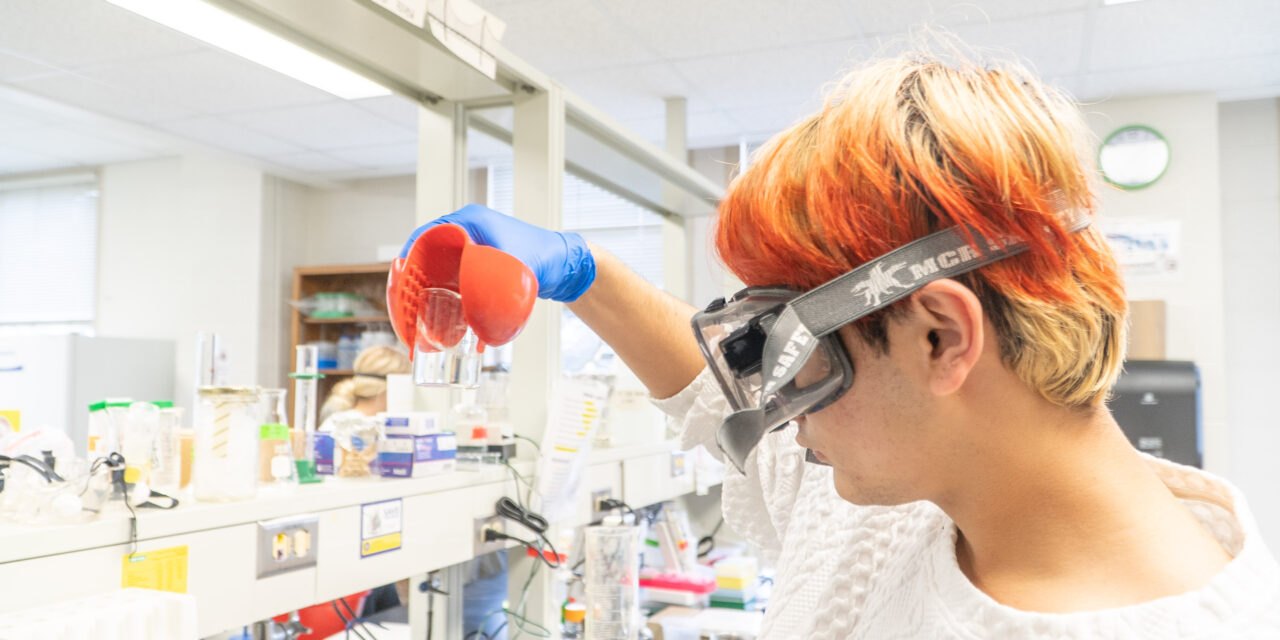
School of Science & Health
Majors & Minors
Clubs & Orgs
We have a variety of opportunities for you to get involved from the moment you set foot on campus.
Chemistry Club (American Chemical Society)
DuSTEM
Chemistry Olympics
eDUcation Club
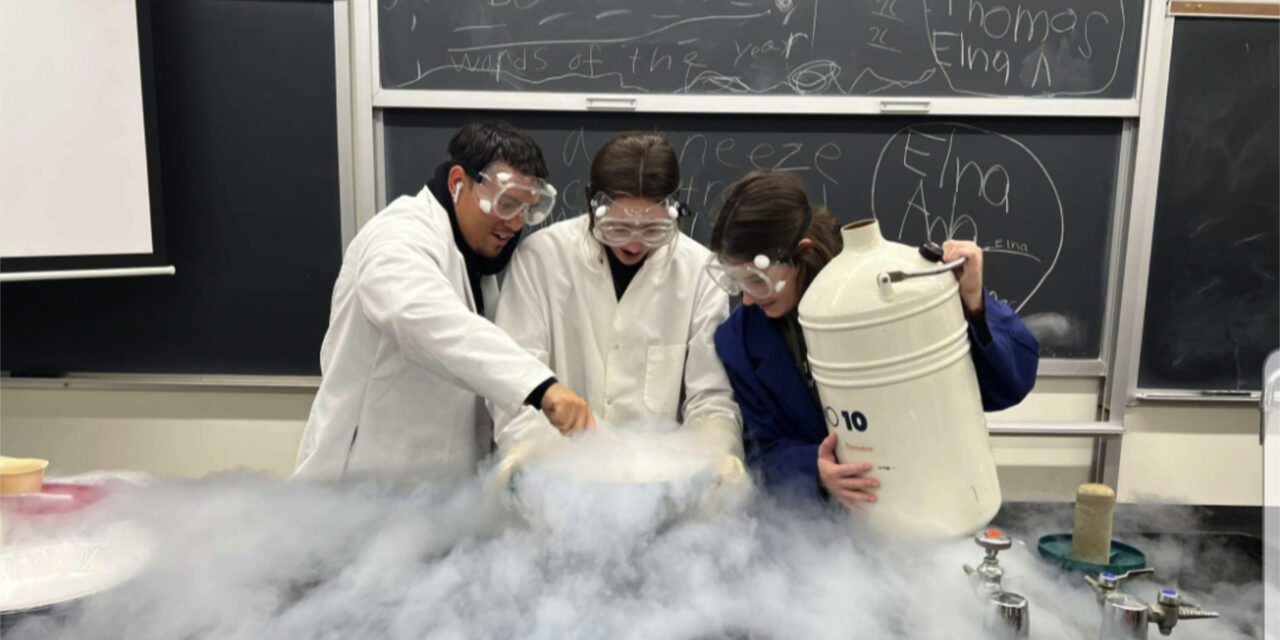
Straight Talk from a Duhawk
I love the faculty and their dedication to making sure all of the students succeed and are well prepared for their adventures after Loras.
— Kayla (’24)
Meet Your Professors
Christina Edwards PhD
Associate Professor of Chemistry
Andrew Kehr PhD
Assistant Professor of Biochemistry
Adam Moser PhD
Associate Professor of Chemistry
David Oostendorp PhD
Professor of Chemistry
Chemistry News
-
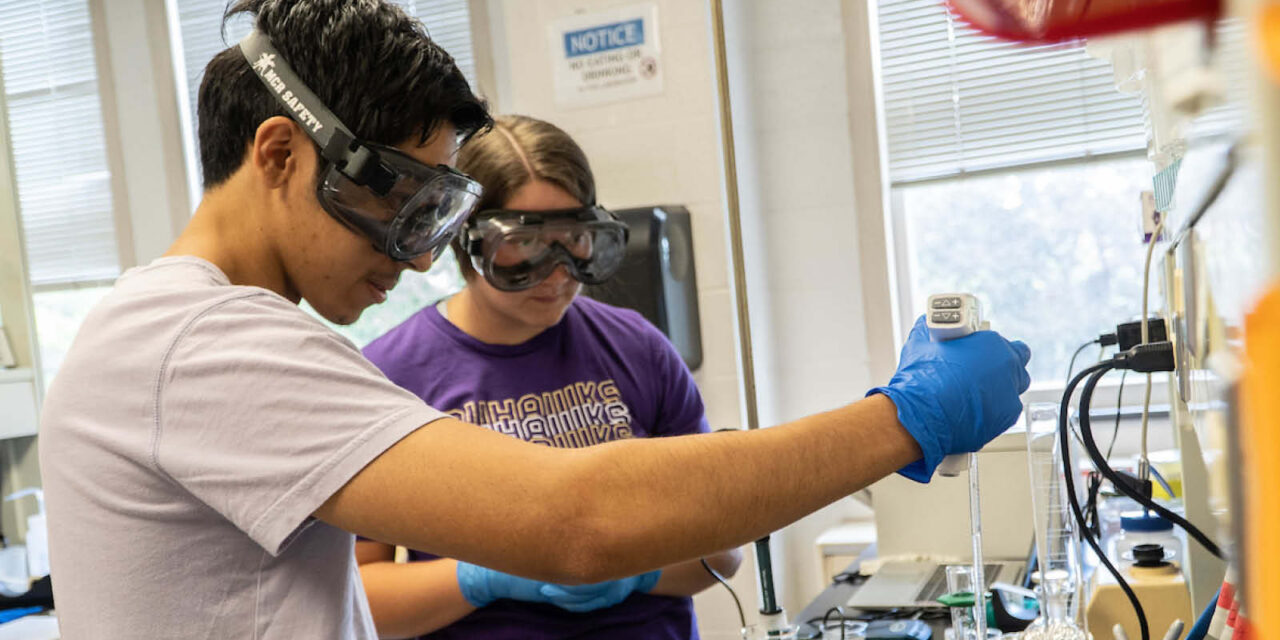
Loras Biochemistry Program Earns ASBMB Accreditation
With accreditation, students in the program are eligible to sit for the ASBMB certification exam, which provides them the opportunity to demonstrate their competitiveness with peers from across the nation. More
-
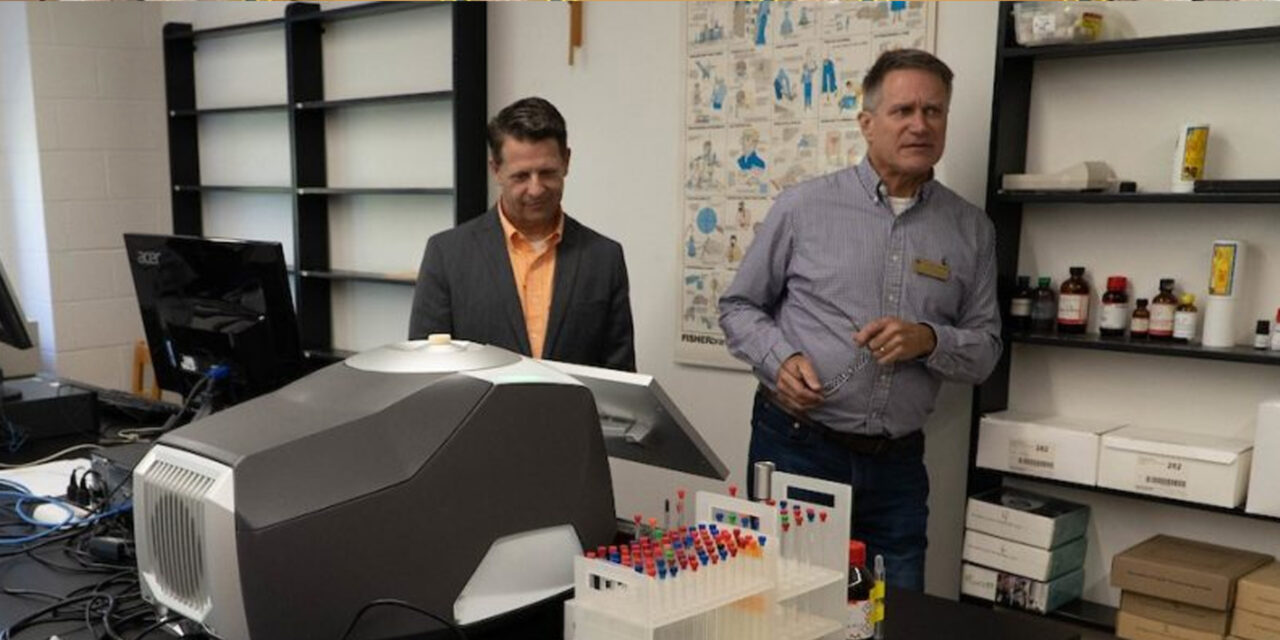
Loras College Chemistry Unveils New NMR Spectrophotometer
The College unveiled its new nuclear magnetic resonance (NMR) spectrophotometer for alumni over Homecoming. The machine, used to determine the structures of molecules, was completely funded by alumni donations. More
-
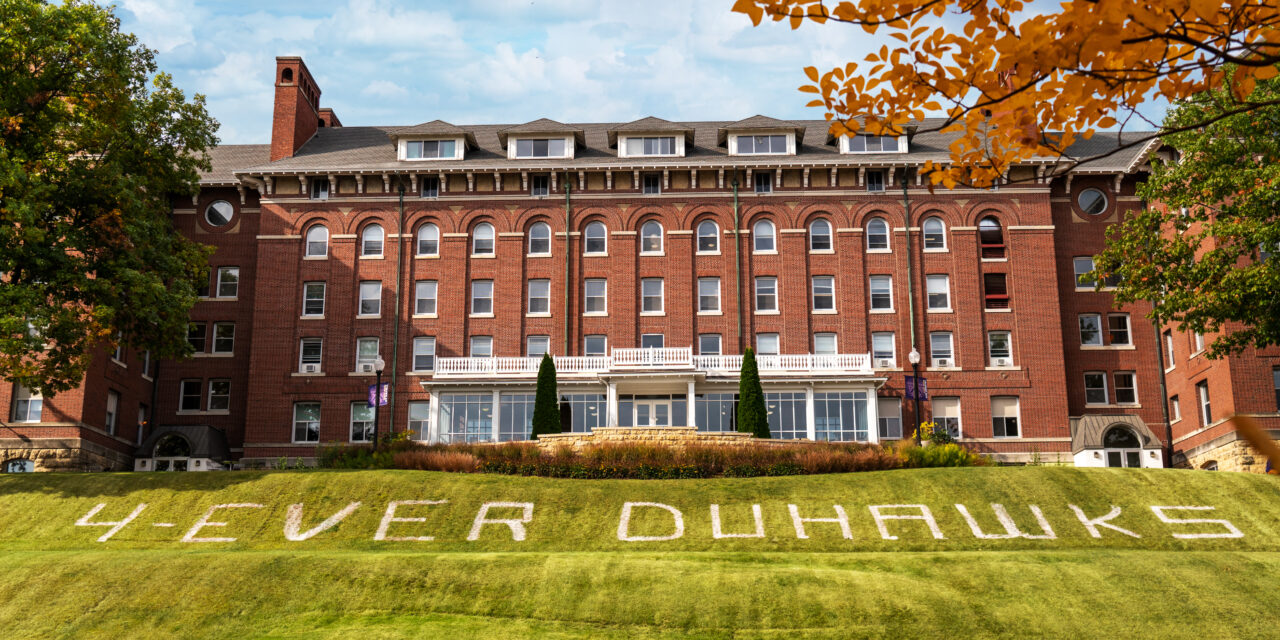
U.S. News Ranks Loras as Tenth Best Regional College
Loras College has been named the tenth Best Regional College in the Midwest — a 12-state region — according to the 2023 U.S. News & World Report’s Best Colleges rankings released Monday. More


